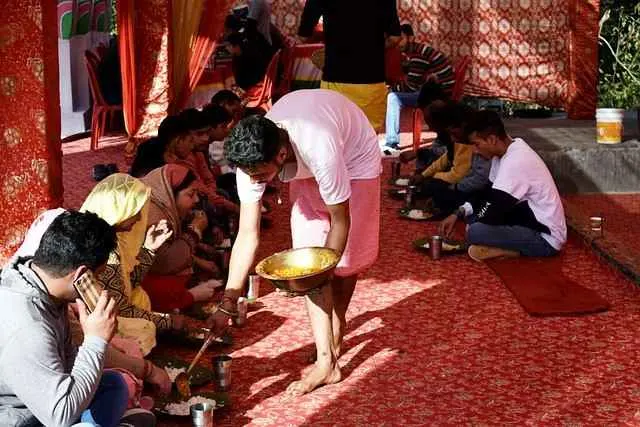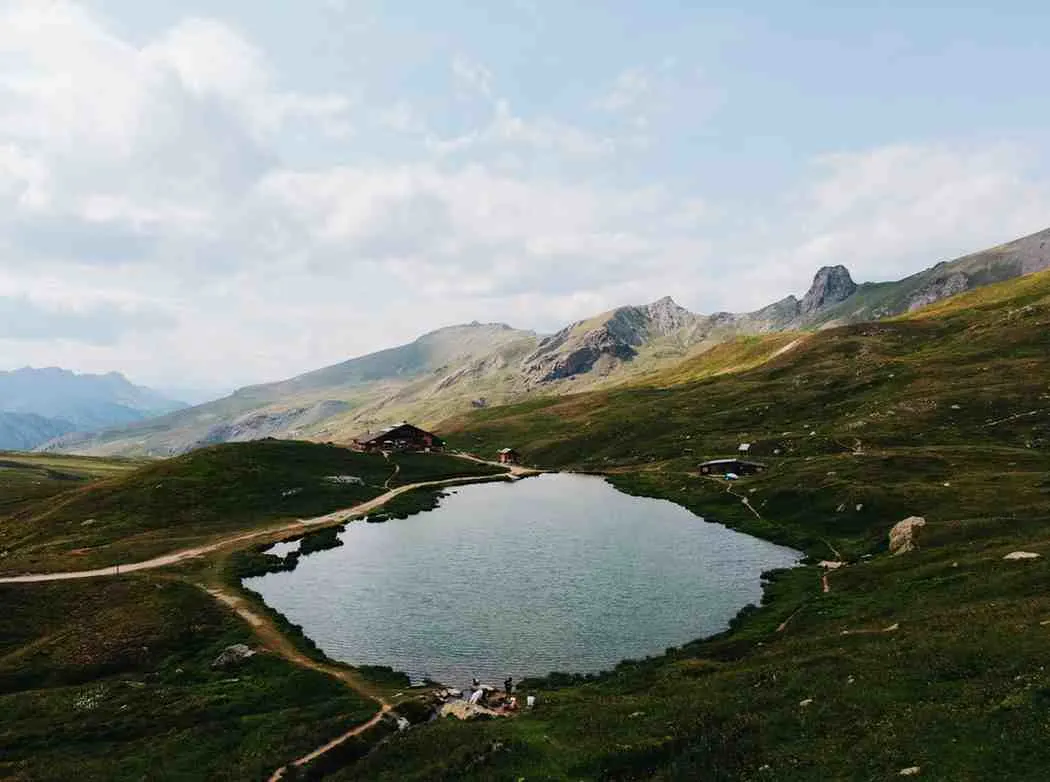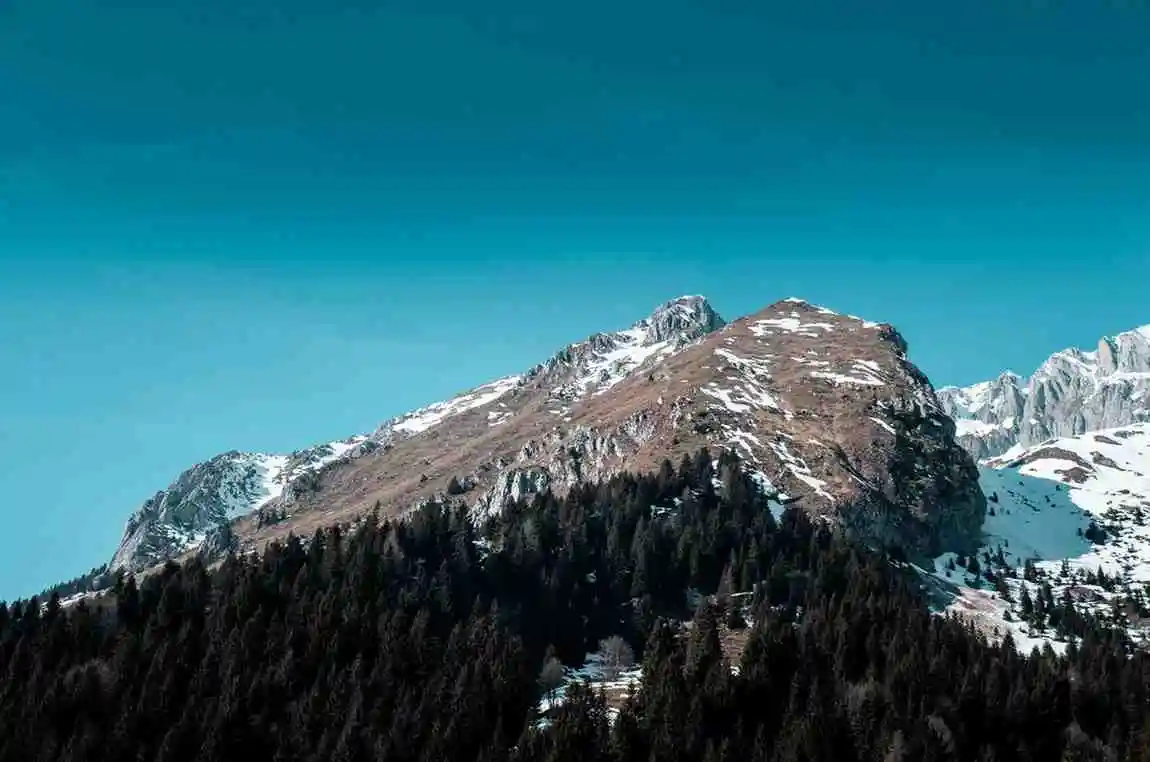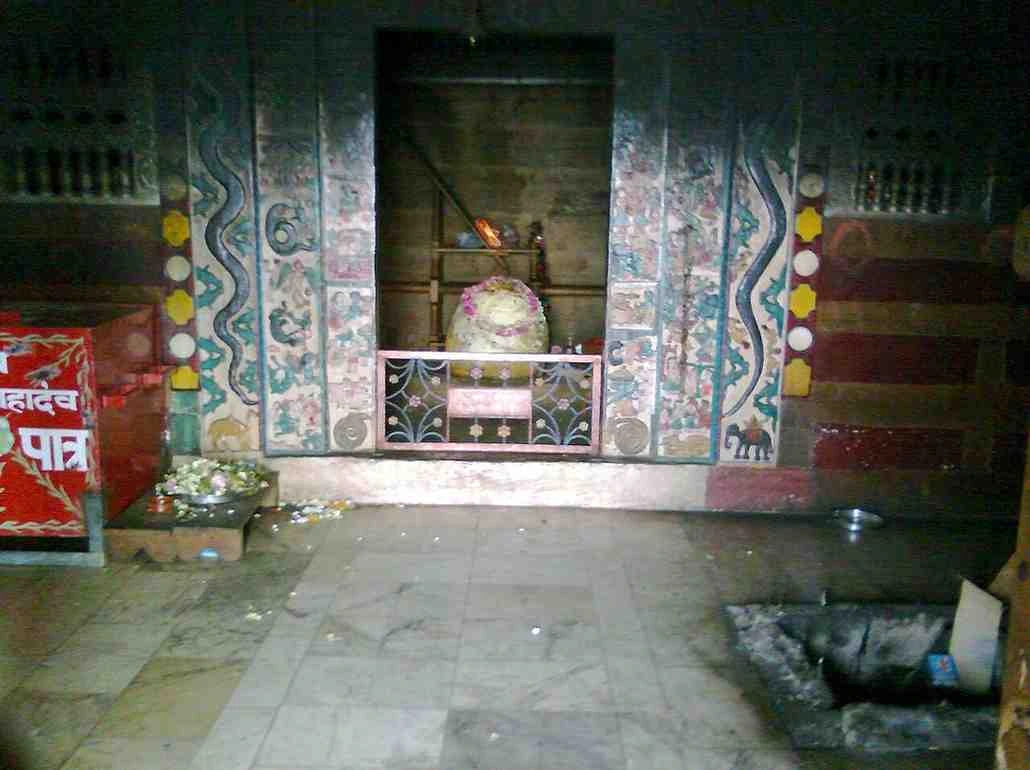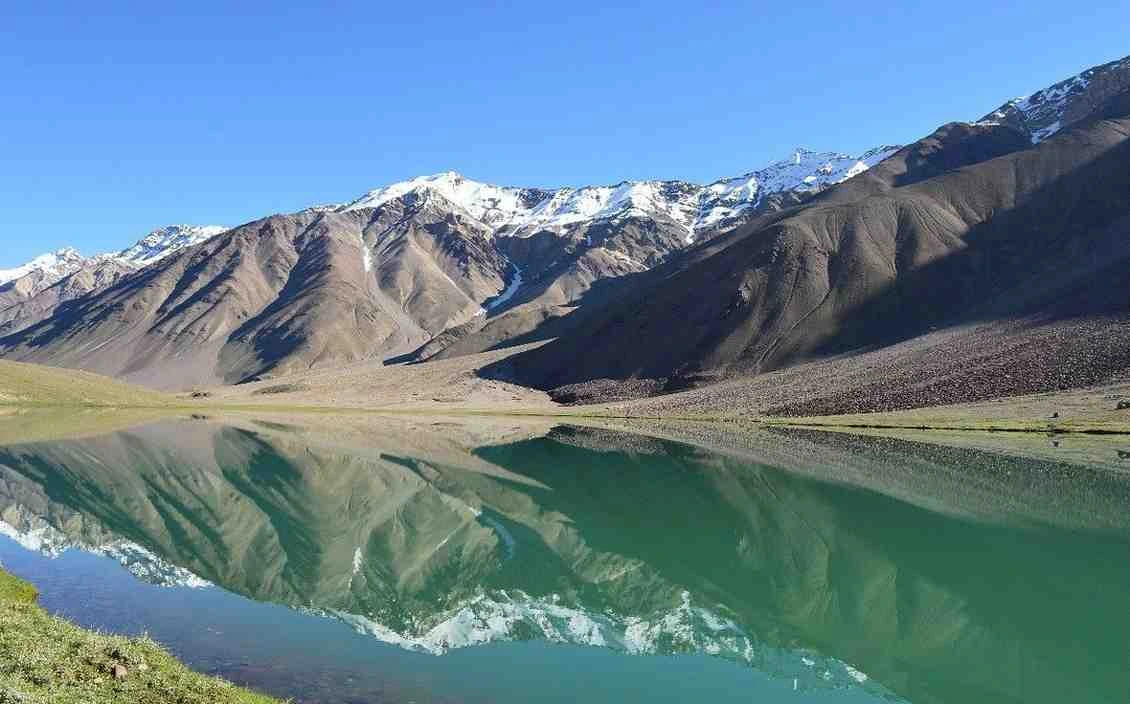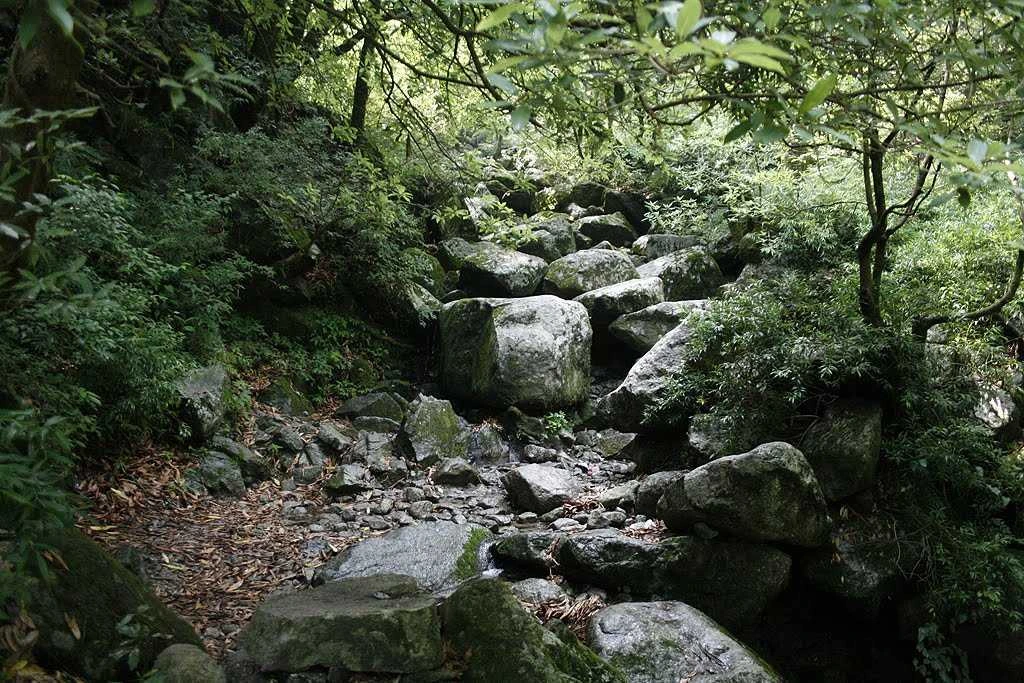Set in the serene atmosphere of the Himalayas, the Vipassana Meditation Centers in Dharamshala provide a peaceful retreat for individuals looking for inner peace and personal growth. Vipassana is an ancient technique; these centres have the opportunity to immerse you in its practice and process, offering you a journey of self-discovery and transformation.
What is Vipassana meditation?
Definition and History
Vipassana (“to see things as they are”) is one of the oldest forms of meditation from India. Vipassana was rediscovered as a means for self-transformation through self-observation by Gautama Buddha over 2,500 years ago. By observing body and mind together, practitioners can liberate the mind to find a more balanced mind of love and compassion.
Basic Ideas of Vipassana
Vipassana starts with Anapana: an observation of the natural breath that can strengthen the concentration of the mind. After the concentration is strong, Vipassana will direct the meditator to begin observing sensations throughout the body so that they can become aware of when the thoughts appear and disappear and of the impermanence of everything. An important part of Vipassana is the teacher’s adherence to Noble Silence and the creation of space for people to effectively self-observe and self-aware.
Vipassana in Dharamshala
Dhamma Sikhara—Center Overview
The Vipassana Meditation Centres in Dharamshala are situated at an altitude of 2000 meters, nestled in the deodar forests of the Dhauladhar range. This Vipassana Meditation Centre in Dharamshala would be very suitable for meditation, located just outside the village near Dharamkot, 30 minutes’ walk from McLeod Ganj and Dharamsala. Set in a secluded location, the surroundings will support the experience.
Course Structure
The Centre offers 10-day residential vipassana meditation courses in which participants are introduced to the technique of meditation. Each day follows a structured schedule from 4:30 am to 9:00 pm, which includes meditation sessions, rest periods, and evening discourses. The structure makes sure that participants have a rigorous schedule for intense meditation and deep mental purification.
Registration Process
Registration is an online application process through the official website. Once your registration is approved, the centre will email you to confirm it. It is an advisable precaution to apply as early as you can. There are no fees for the course from the Dhamma Sikhara, and the costs to run and maintain the centre are solely provided by donations from previous students who are associated with the practice of vipassana meditation.
Code of Discipline
Participants are expected to comply with a strict code of discipline, which includes the five precepts of Vipassana: no killing, no stealing, no sexual activity, no lying, and no intoxicants. Part of the code is maintaining noble silence, which prohibits you from any type of communication with other meditators in order to keep the focus on meditating, as you are all in it together.
Why Dharamshala for Vipassana?
Dharamshala is the perfect place for Vipassana meditation thanks to its incredible Himalayan surroundings, day-to-day experience of spiritual life in various cultures, and the presence of Tibetan monasteries and a serene atmosphere that supports intensive meditation and deep contemplation.
Who is Eligible to Attend?
Vipassana courses are open to all individuals aged 18 years and above, irrespective of their religion or culture. No previous experience with meditation is required, but participants need to commit to the full duration of the course and strictly follow the centre’s rules. Courses are offered in a variety of languages, including Hindi and English, to accommodate as many meditators as possible.
Tips for First-Time Vipassana Meditation Attendees
● Mental Preparation:
Come with an open mind and the willingness to be self-disciplined.
● What to Pack:
Comfortable clothes, toiletries as necessary, and any medications.
● What to Expect:
A hard but rewarding time, long hours of meditation, and very few external stimulations.
Benefits of Vipassana Meditation
The positive impacts of Vipassana meditation go far beyond the silent peace of the retreat. Most practitioners will notice greater clarity of thought, reduced stress, and the ability to respond to emotions without being controlled by them as they practice observing their thoughts and sensations rather than reacting to them. By relaxing into equanimity while observing impermanence, Vipassana helps to cultivate a release from harmful mental patterns, ultimately leading us to a sense of inner peace. Through continued practice, Vipassana also nurtures a well-developed sense of self, more compassion towards others, and a more profound sense of spirituality and insight. But Vipassana ultimately is more than a practice; it can become a way of life!
How to Reach Vipassana Meditation Centers in Dharamshala
● By Air:
Gaggal Airport is the closest airport, approximately 20 km from Dharamshala.
● By Train:
The closest major railway station is Pathankot at a distance of 85 km.
● Local Transport:
From McLeod Ganj, you can walk 1.5 km uphill and take local taxis and autorickshaws.
Conclusion
Stepping into the Vipassana Meditation Centres of Dharamshala invites us on a journey within ourselves: an opportunity to investigate and submerge ourselves without the distraction of modern life. Surrounded by the Himalayas, one can find peace of mind and clarity. This retreat is the perfect place to begin your journey of self-discovery and transformation.
FAQs
1. What is the cost of attending a Vipassana course in Dharamshala?
The courses are offered free of charge, with expenses covered by donations from previous participants.
2. Is prior meditation experience required?
No, beginners are welcome. The course is structured to guide newcomers through the practice.
3. Can foreigners attend Vipassana in Dharamshala?
Yes, the centre welcomes international participants and offers courses in multiple languages.
4. What is the dress code during the course?
Modest, comfortable clothing is recommended. Tight or revealing attire should be avoided.

